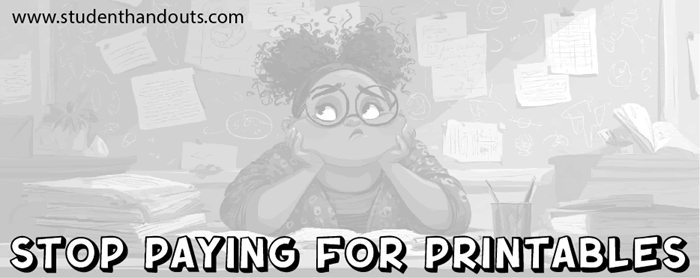Learning about Ramadan offers your K-12 students a profound opportunity to explore Islamic culture, spiritual discipline, and global citizenship. This holy month, observed by Muslims worldwide through fasting, prayer, and reflection, introduces students to core values such as empathy, self-control, and gratitude. By studying Ramadan, students gain insight into the diversity within the Muslim community and the significance of religious practices, fostering cultural respect and dismantling stereotypes. The holiday's emphasis on charity (zakat) and community service can also inspire discussions on social justice and compassion.
For your younger learners, Ramadan can be approached through sensory experiences—like learning about traditional foods (iftar) or moon phases that mark its timing—making lessons engaging and accessible. Your older students can analyze Ramadan's historical origins, its role in shaping identities, and comparisons with fasting traditions in other faiths, promoting critical thinking and interdisciplinary connections. Additionally, exploring how Muslims balance fasting with daily life in different countries enhances geographical and social awareness.
These Ramadan lessons cultivate empathy, global understanding, and appreciation for religious diversity, preparing students to engage thoughtfully in a multicultural world.
|















































